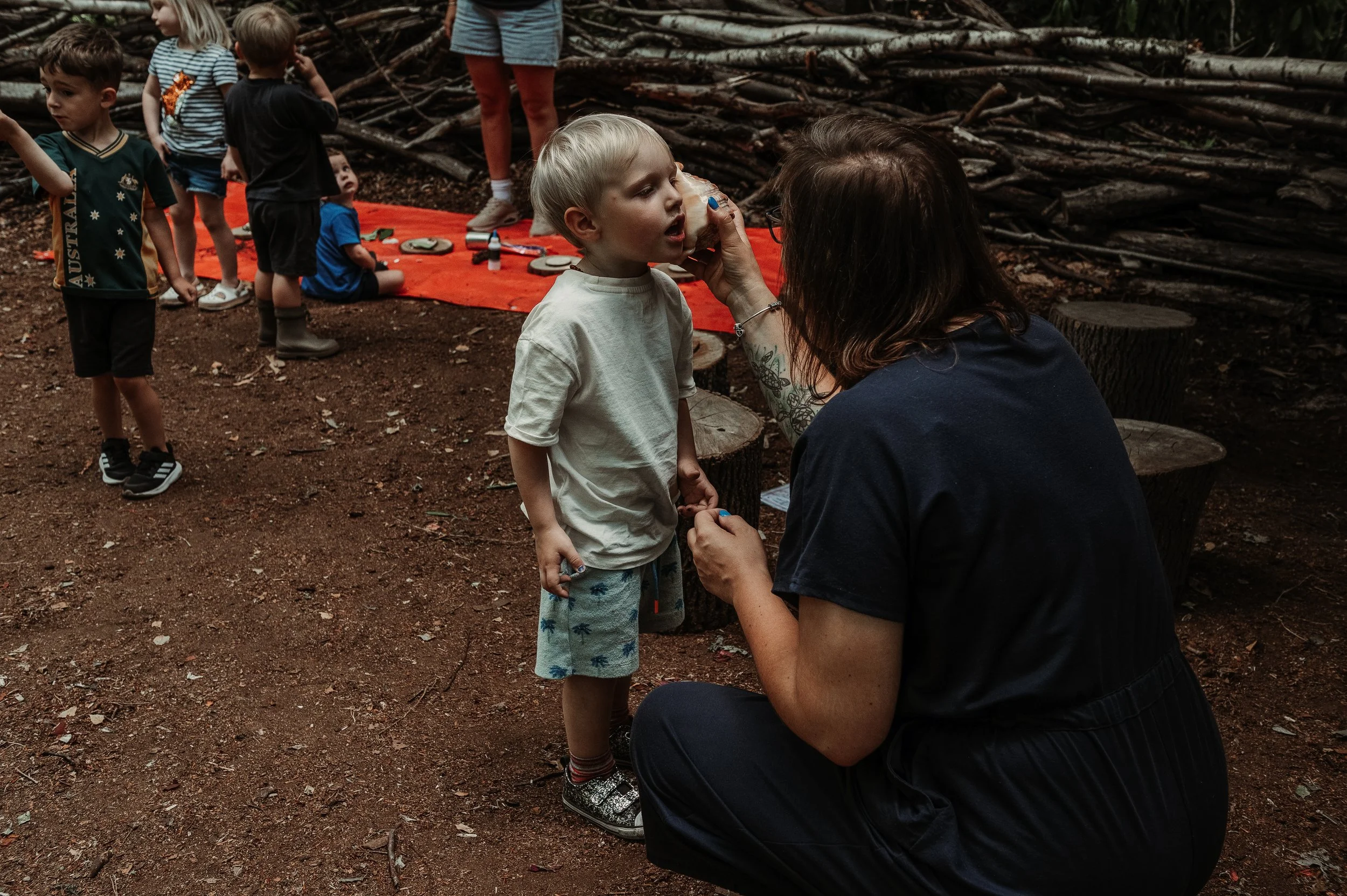
Pre-school Program
Ginger
School readiness can be broken down into multiple characteristics of social, physical, and emotional elements. With the support of Ginger bear, we work in small groups to support the children to articulate with confidence and independence in a group environment. The Ginger program works on developing 6 different areas of personal development that are fundamental in a successful transition to school life :
Emotions
My Body
Sense of Self
Healthy Eating
People who help us
Kindness
The children are encouraged to be responsible for their own possessions and dress themselves in preparation for school. Ginger bear encourages positive relationships and communication with peers and grown-ups allowing them to share games and toys and being able to understand feelings and emotions. Physical development and healthy routines are discussed through food choices and the importance of being active.
Mathletes
Whilst keeping a link to our geographical journeys, the Mathletes programme places a focus on different components of the area of mathematics. These areas are introduced through play based learning, games, and small group work to encourage engagement, involvement and collaboration and to begin to mimic the Reception Classroom. Each component is spiralled and revisited eight times throughout the year to build your child towards a secure knowledge. These components are –
Mathematical and positional language
Number recognition and number sequencing
Shape recognition and sequencing
Size and order
Amounts and subitising
Quantities using more/less than
It is a fun introduction to numeracy for our pre school children. For example, children learn that numbers have value and recognise the cardinal principle and link a number symbol with it’s cardinal number value. Games are played to develop an understanding of number sense and value. They use language like more than and less than and solve real life mathematical problems and subitizing when enumerating groups of objects.
Letters and sounds
Letters and sounds activities are arranged under the following aspects.
Aspect 1: General sound discrimination – environmental sounds
Aspect 2: General sound discrimination – instrumental sounds
Aspect 3: General sound discrimination – body percussion
Aspect 4: Rhythm and rhyme
Aspect 5: Alliteration
Aspect 6: Voice sounds
There is considerable overlap between the aspects, the overarching aim is for the children to experience regular, planned opportunities to listen carefully and talk extensively about what they hear, see and do. The boundaries between each strand are flexible and not fixed. As practitioners we plan to integrate the activities according to the developing abilities and interests of the children in their group.
